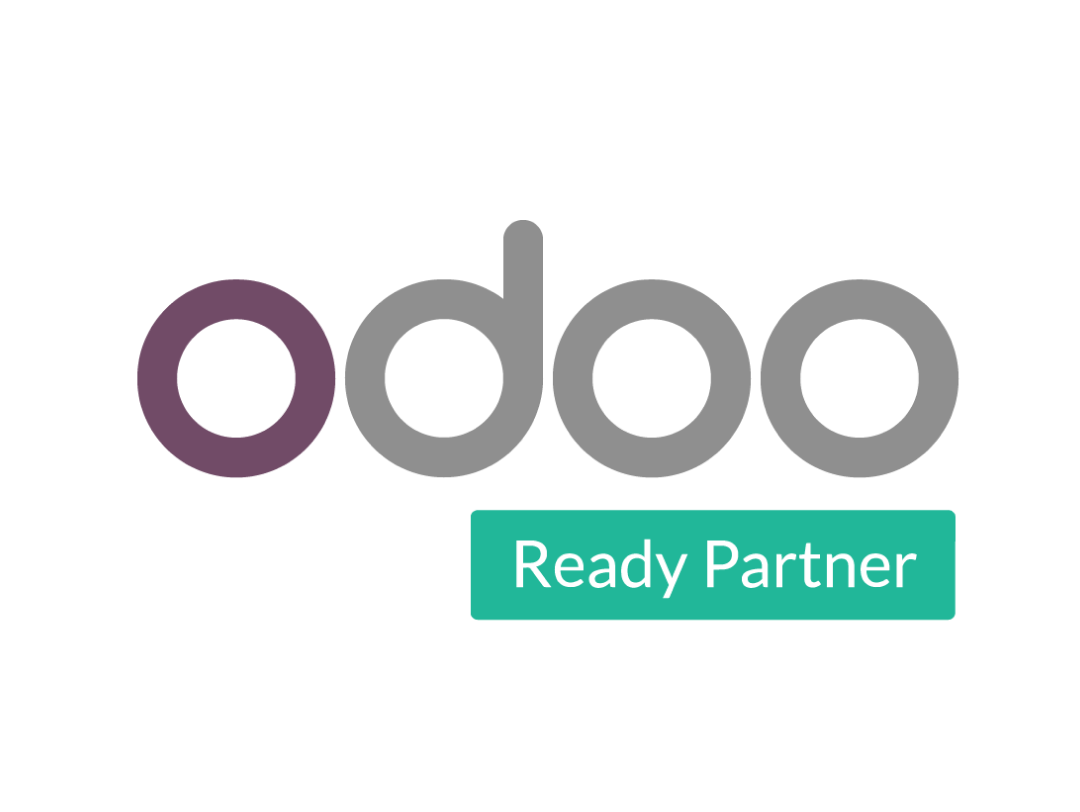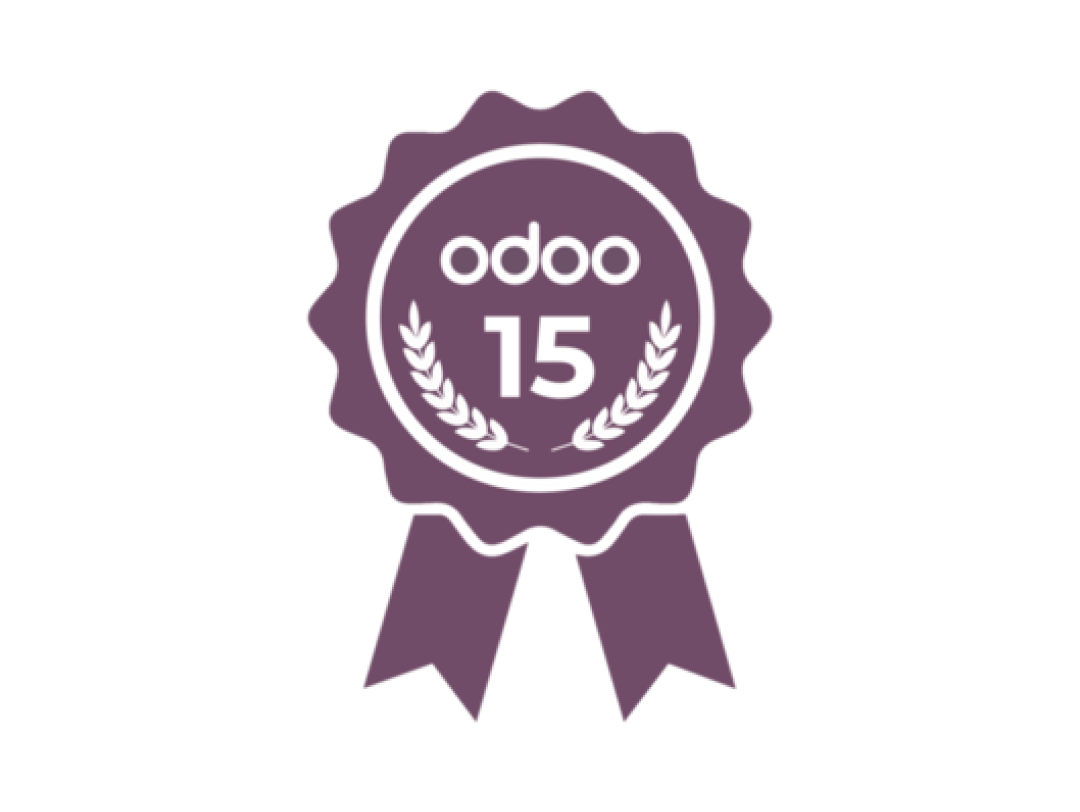Introduction
In the fast-paced world of business technology, choosing the right software solution is crucial for maximizing efficiency and ensuring seamless operations. Two prominent players in the business software arena, Odoo and Zoho, stand out as comprehensive platforms catering to diverse business requirements. This blog post aims to provide a detailed analysis of Odoo vs. Zoho, focusing on key aspects to help you make an informed decision tailored to your specific business needs.
Understanding Business Requirements
Before delving into the Odoo vs. Zoho comparison, it’s essential to establish a clear understanding of your business requirements. Consider the size of your business, industry-specific needs, scalability, and the features crucial for your day-to-day operations. Whether you’re a small startup or an established enterprise, identifying your unique business requirements sets the foundation for choosing the right software.
Exploring Zoho Business Solutions
Zoho, renowned for its suite of business applications, offers a diverse range of tools designed to streamline operations. From CRM and project management to finance and collaboration, Zoho provides an integrated ecosystem. Explore the various Zoho Business solutions and assess their compatibility with your organization’s structure and objectives. This section will provide insights into the specific applications Zoho offers to address business requirements effectively.
Unpacking Odoo’s Comprehensive Suite
Odoo, an all-in-one business management software, distinguishes itself by providing a unified platform for various business functions. Its modular approach allows businesses to select and integrate applications based on their requirements. Dive into Odoo’s modules, such as CRM, inventory management, and accounting, to understand how this versatile solution caters to a broad spectrum of business needs.
Feature-by-Feature Comparison: Odoo – Zoho
Now, let’s conduct a detailed feature-by-feature analysis of Odoo-Zoho. Evaluate CRM functionalities, project management tools, financial modules, and collaboration features to determine which platform aligns more closely with your business requirements.
Scalability and Flexibility
Consider the future growth of your business. Assess the scalability and flexibility of both Odoo – Zoho to ensure that the chosen platform can adapt to your evolving needs. Whether you’re a startup looking to expand or an enterprise aiming for global reach, scalability is a critical factor in making the right choice.
Integration Capabilities
Odoo
Known for its seamless integration capabilities across various modules.
Can be integrated with third-party applications for a comprehensive business solution.
Zoho
Provides a suite of integrated applications that work well together.
Zoho’s applications are designed to seamlessly integrate with each other, reducing the need for third-party integrations.
Cost Considerations
Odoo
Open-source nature allows for a lower initial cost, but customization and support may incur additional expenses.
Users can choose specific modules, allowing for a more tailored and potentially cost-effective solution.
Zoho
Offers a subscription-based pricing model, making it easier for businesses to budget.
Depending on the selected applications and the scale of usage, costs can vary, but users benefit from regular updates and support.
Industry-Specific Features
Odoo
Its modular structure allows businesses to select industry-specific modules.
Well-suited for industries with unique requirements, such as manufacturing, e-commerce, and service-based businesses.
Zoho
Provides industry-specific solutions with applications tailored for various sectors.
Suitable for a wide range of industries, including finance, healthcare, and retail.
Conclusion
In conclusion, the choice between Odoo and Zoho depends on a thorough understanding of your business requirements and a careful analysis of the features offered by each platform. By delving into the specifics of these solutions, you can make an informed decision that aligns with your organization’s goals and enhances overall efficiency. Whether it’s the modular flexibility of Odoo or the integrated suite of Zoho, both platforms offer robust solutions for businesses, but the ultimate decision rests on the unique demands of your enterprise.







